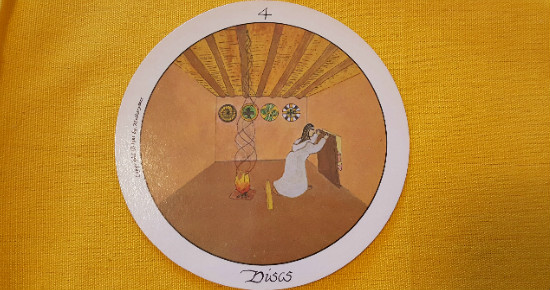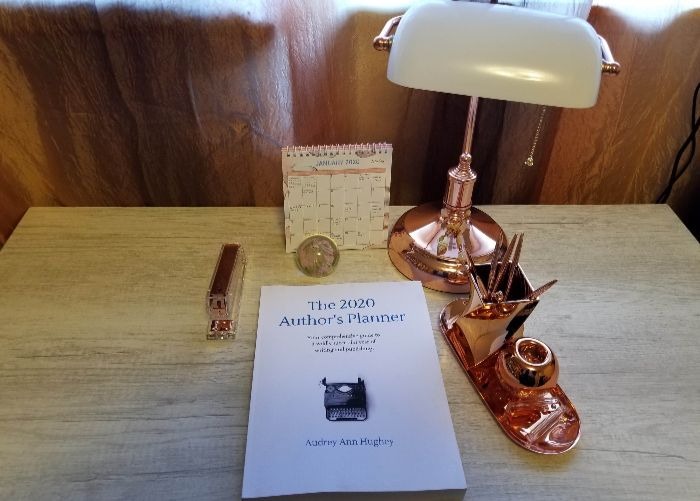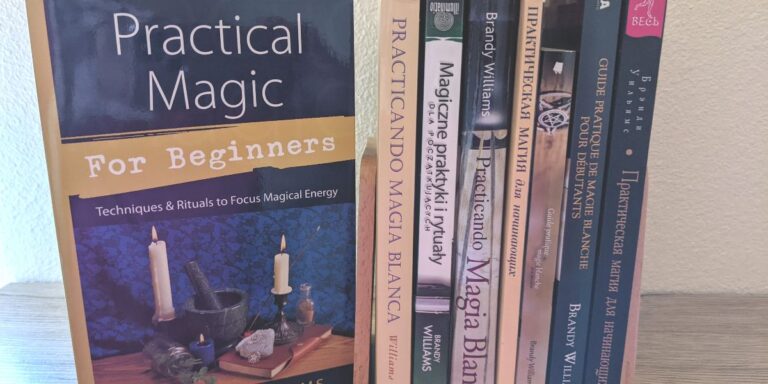Containment, transformation, emergence. Virginia Beane Rutter describes this process as an initiatory pattern. That’s a good description of my last three years. In September 2013 I drove out to a friend’s country house for a weekend writing retreat. I was so eager to get started on the new work, filled with plans for getting it done fast! Six months of weekends later I emerged with a manuscript that was technically done. I was startled when it did not land well with early readers.
Containment: the second pass through the book took three times as long. I spent every spare moment on retreat. At home I live with two guys, three cats and a dog. Out at the country house I’m alone, the house is still, the only sounds are the ones I make myself. Isolation focuses me so I can concentrate on the work, but it makes for lonely nights. As the months added up to a year, then closed in on two, I turned down invitations to parties, dinner, rituals, holidays. I got used to hearing “We missed you!” and apologizing, “oh, the book.” While my coworkers spent their vacations weeks traveling with family I was hunched over my keyboard.
Transformation: that first manuscript turned out to be more like a set of notes than a completed draft. I researched, re-arranged, cut, and cut again. Even more than reshaping, I took the book in a whole new direction when I decided to tell history through stories. Take one: “Plato grew up in an upper class family which kept slaves.” Take two:
The day everything changed the boy woke up, slipped into a brightly colored linen shift, threw on a cloak, stuck his feet into sandals, and scrambled down the ladder to the kitchen. His sister was waiting for him at the table. “Aristocles! You’re late,” she said, shoving a hunk of bread at him. He dipped it into water mixed with a little wine and ate as much as he could, wiped his hand on it, and threw it onto the floor. Potone pulled at his hand. “Come on,” she said, running out of the room with him, while behind them a slave quietly cleaned up the mess on the floor.
Writing the lives of the theurgists was entrancing. I watched the Kemetic priestess Neitokrity meet the girl Irtyru who wanted to be a scribe. I listened to the beehives with Sosipatra. I walked the streets of Harran looking up at the temple of the moon god. All my Pagan life I’ve had a deep longing to visit the Acropolis and look up at Pheidias’ gleaming Athena. I’ve stared at statues in museums wondering what it was like to visit their temples when they were living gods themselves.
Writing the book made me a better theurgist. It healed the deep wound of separation, reconnecting me to my spiritual ancestors. It required me to read the original works of the philosophers. It sent me diving into the texts, connecting up what I do to the sources of the tradition.
Emergence: After two years of containment, emergence is such a refreshing experience. When I sent the edited manuscript back to the publisher my life changed completely. This year instead of spending weekends and vacations at the borrowed country house, I’ve been out talking to people, from one-on-one conversations to packed houses. I’ve presented at Pantheacon, Babalon Rising, Ladies of Force and Fire. I can have a hundred conversations in a weekend. I’m catching up on two years of socializing all at once.
It’s been fantastic to get the material out into the world. It does feel something like letting a child go! People have said very nice things about the work so far. I try not to take it personally, just like I try not to take criticism too hard – it’s not about me per se, it’s about the book, which has its own existence. I fervently wish for the book to find the audience that needs it.
The conversations help me discover who I have become. What has the transformation made of me? I am not the person I was when I started on this journey. What have I learned? Can I describe it so that someone else can learn it too?
Mixed in with discussions of the book are new ideas, material that will become the next book. I’ve learned my lesson about isolation though. When I launch the next project I’m going to present it and blog about it as I go, bringing people into the conversation to help shape the work, and make it more of a dialogue. I’ll give it the time it needs.
That’s in the future. Right now I’m in the middle of launch activities. The first day, the first week, and the first three months of a book’s life are the most critical. After that it moves onto backlist and the world is on to the next new thing. So I’m trying to make the most of that critical window.
I already feel the pull though, the need to go into the retreat and close the door and loose myself in the work. Vicky Noble’s Motherpeace Tarot has a wonderful image of a woman closing herself into a hut that captures what I feel when I close myself up to work. Right now I am so happy to be home with my people around me and the cats on my lap, but I miss the quiet too, when the strongest voice I hear is my own.
For the Love of the Gods, the History and Modern Practice of Theurgy, Our Pagan Inheritance will be released on September 8.





